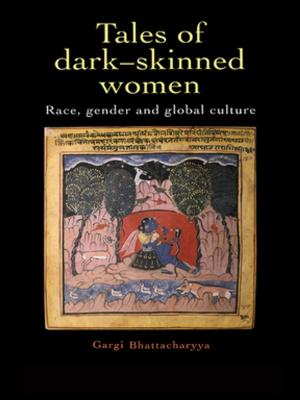| Author: | Elizabeth Deeds Ermarth | ISBN: | 9781136829291 |
| Publisher: | Taylor and Francis | Publication: | March 25, 2011 |
| Imprint: | Routledge | Language: | English |
| Author: | Elizabeth Deeds Ermarth |
| ISBN: | 9781136829291 |
| Publisher: | Taylor and Francis |
| Publication: | March 25, 2011 |
| Imprint: | Routledge |
| Language: | English |
In this bold new book, Elizabeth Deeds Ermarth traces the broadly established challenges to modernity that now confront historians and citizens of Western societies generally. She puts forward a clear definition of both The Modern Condition and of The Discursive Condition that challenges it, and she briefly introduces the most important practical implications of those challenges to accepted definitions and tools of thought.
After decades of conflicting work on related issues this book provides a succinct, lucid and wide-ranging discussion of what is at stake. Drawing on a broad range of intellectual and cultural history from Homer to Hayden White and from the arts to physics, philosophy and politics, this book defines a new stage in the history of ideas. With the practice and assumptions of historians at its core, the book demonstrates the importance of interdisciplinary practice in addressing the big questions currently confronting the humanities and social sciences.
In this bold new book, Elizabeth Deeds Ermarth traces the broadly established challenges to modernity that now confront historians and citizens of Western societies generally. She puts forward a clear definition of both The Modern Condition and of The Discursive Condition that challenges it, and she briefly introduces the most important practical implications of those challenges to accepted definitions and tools of thought.
After decades of conflicting work on related issues this book provides a succinct, lucid and wide-ranging discussion of what is at stake. Drawing on a broad range of intellectual and cultural history from Homer to Hayden White and from the arts to physics, philosophy and politics, this book defines a new stage in the history of ideas. With the practice and assumptions of historians at its core, the book demonstrates the importance of interdisciplinary practice in addressing the big questions currently confronting the humanities and social sciences.















